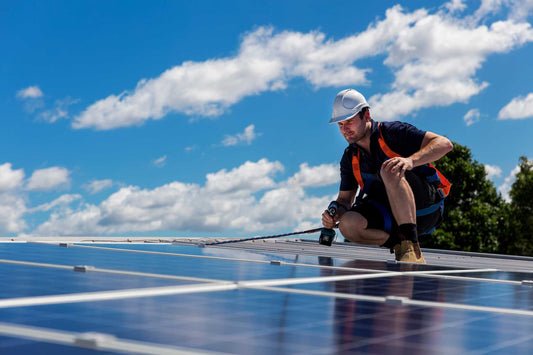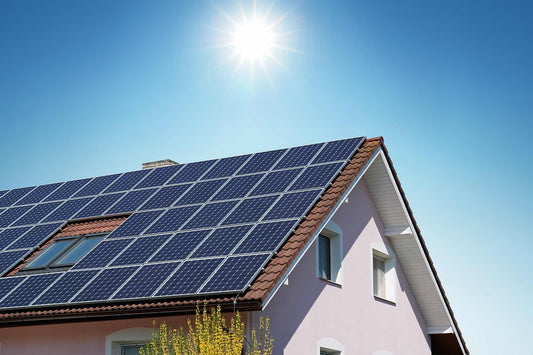There’s a huge variety of solar panels on the market right now — in fact, there are over 350 solar panel manufacturers globally. With this many options, decision fatigue is inevitable.
To make your decision easier, we’ve ranked the best solar panels on the market, including the pros and cons of each.
We at Solartap have extensively researched over 15 popular solar brands, taking into account all of the most important factors that contribute to panel quality, including efficiency rating, durability, and temperature coefficient.
By the end of this article, you’ll feel confident you’re installing a system that meets all your wants and needs.
Table of Contents:
- Q CELLS: Best solar panels overall
- Panasonic: Best premium panels
- REC Solar: Most reliable
- Sunpower: Highest efficiency
- Canadian Solar: Most affordable
- Silfab: Longest lifespan
Our Ranking Factors
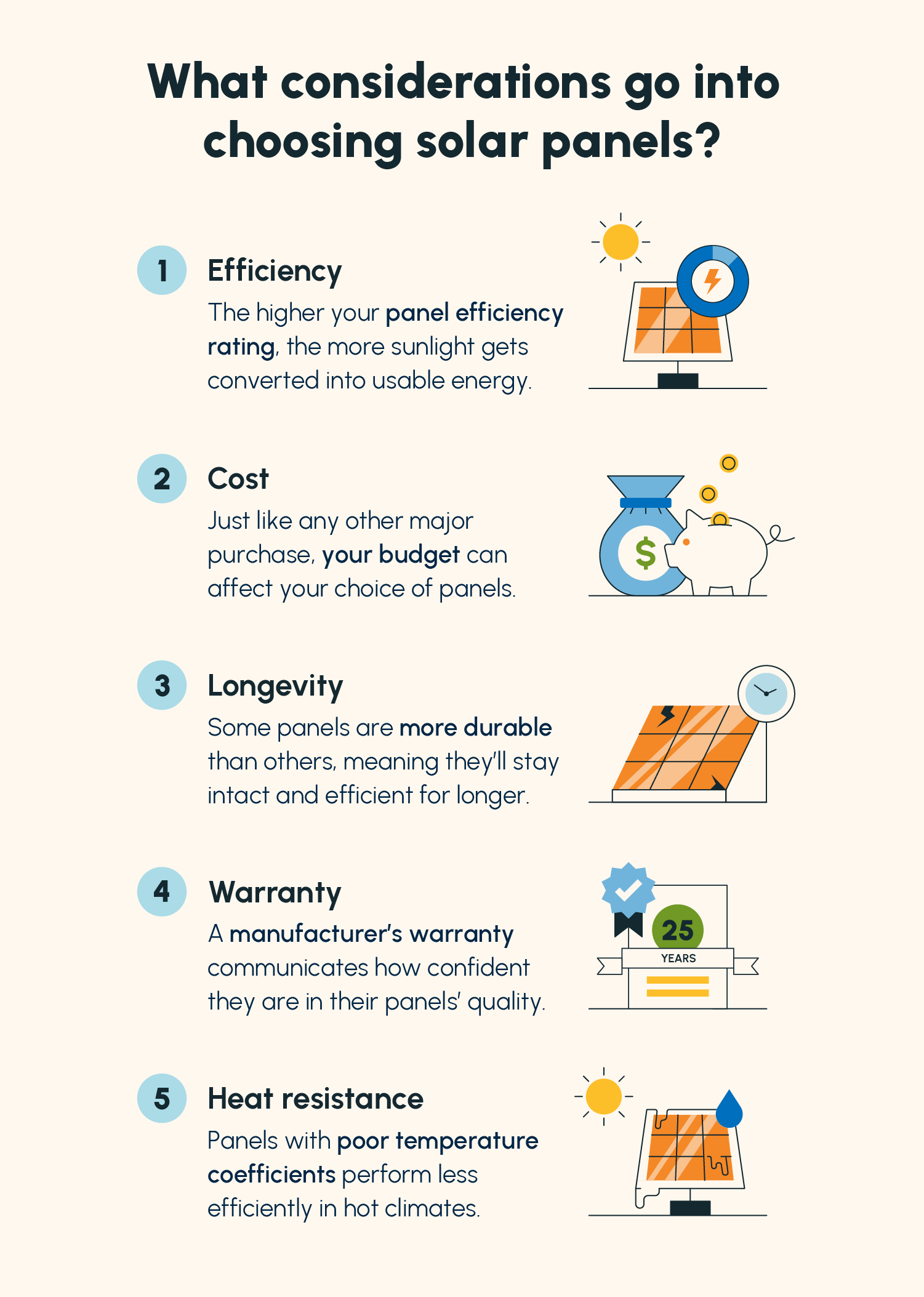
Several criteria go into a great solar panel. When evaluating the top solar panel manufacturers, we took the following factors into account.
Efficiency
Solar panel efficiency refers to the rate at which a panel converts sunlight into electricity. While the highest-efficiency solar cell ever achieved has nearly touched 40%, standard “high” panel efficiency hovers around a little over 20%. The higher your panel efficiency, the fewer panels you’ll need to power your home.
Affordability
A solar system can vary in price significantly depending on component quality, among other factors. Depending on your budget, you may have to sacrifice quality in a certain area in order to lower your price tag a bit.
Pricing guide:
- $ = Average cost per watt is under $2.70
- $$ = Average cost per watt is between $2.70 and $3.20
- $$$ = Average cost per watt is over $3.20
Durability
Some panel manufacturers put their panels through more rigorous testing to confirm their durability and longevity than others.
Especially if you live in an area prone to relatively hostile weather conditions such as heavy hailstorms, panel durability is a very important consideration. After all, a solar system is a major investment and you want to feel confident your components will fare well.
Warranty Length
The length of a solar manufacturer's warranty provides a glimpse into their confidence in their product. Shorter warranties suggest panels may degrade more quickly or become damaged more easily. Warranties tend to last 10-25 years, and the majority of the panels we ranked come with a 25-year warranty.
Temperature Coefficient
If you’ve only recently begun research into solar panels, you may be unfamiliar with the concept of a temperature coefficient.
This number shows how much a panel’s efficiency decreases with every 1°C (1.8°F) increase over 25°C (77°F). Simply put, it describes how heat resistant solar panels are.
Most solar panel temperature coefficients fall between -0.3% and -0.5%, with the better panels falling closer to -0.3%. Some of the best temperature coefficients on the market land around -0.26%.
For example, Q CELLS panels have an average temperature coefficient of -0.34%. If the outside temperature reached 35°C (95°F) — 10°C over 25°C, panel efficiency would be down 3.4%.
The Best Solar Panels & Their Rankings
| Brand | Rank | Efficiency | Temperature Coefficient | Average Price Point | Warranty |
|---|---|---|---|---|---|
| Q Cells | Best overall | 17.4% to 21.4% | -0.34% | $ | 25 years |
| Panasonic | Best premium | 19.1% to 21.7% | -0.26% | $$ | 25 years |
| REC Solar | Most reliable | 16.5% to 21.9% | -0.26% | $$ | 25 years |
| SunPower | Highest efficiency | 20.1% to 22.8% | -0.29% | $$$ | 25 years |
| Canadian Solar | Most affordable | 15.9% to 20.6% | -0.35% | $$ | 12 years |
| Silfab | Greatest longevity | 19.2% to 21.4% | -0.36% | $$ | 25 years |
Data courtesy of EnergySage.
Best Overall: Q CELLS

Q Cells
Efficiency: 17.4% to 21.4%
When taking all factors into consideration, Q CELLS beats the competition. These panels offer the best balance of quality and price, making them a consumer favorite.
The panels offer competitive efficiency, durability, and long-term performance (even offering a 25-year performance guarantee) all while remaining very reasonably priced.
Pros
- Great balance of efficiency and affordability
- Among the lowest-priced panels
- Produces panels for companies with great reputations (e.g., Tesla)
Cons
- Middle-ground efficiency rating and temperature coefficient
Best Premium Panels: Panasonic

Panasonic
Efficiency: 19.1% to 21.7%
For those with the budget, Panasonic offers some of the highest-quality solar panels available. Not only do they perform very well in hot climates due to their excellent temperature coefficient, but they’re also composed of premium monocrystalline solar cells — some of the most efficient solar cells on the market.
You don’t have to be a solar expert to recognize the name Panasonic — this multinational tech company has earned for itself a very favorable reputation. Of course, with that reputation comes a slightly higher price tag compared to other brands.
Pros
- Excellent temperature coefficient
- Low degradation rate
Cons
- Less affordable than other brands
Most Reliable: REC Solar
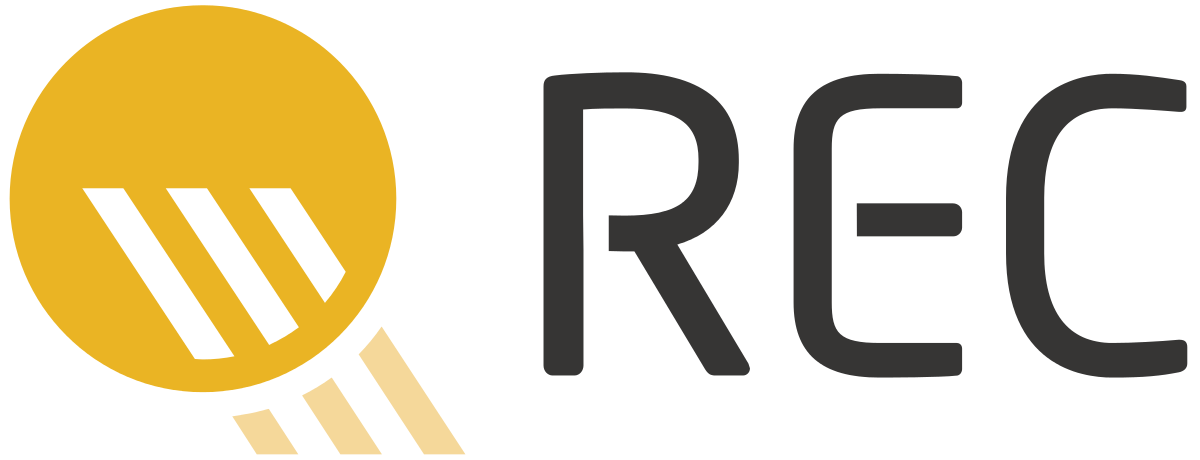
REC Solar
Efficiency: 16.5% to 21.9%
REC Solar is ranked highly for several reasons, the most prominent being its reliability. The brand boasts excellent panel durability, testing its panels at three times the strictness of industry standards.
The brand has also made major contributions to the solar panel industry, paving the way for highly efficient half-cut cell technology, which has since become the industry standard.
REC Solar’s Alpha Pure Black series is highly popular, not only due to its high efficiency and great temperature coefficient, but also because it contains some of the best-looking solar panels. The sleek, all-black look goes especially well with darker roofs.
Pros
- Highly durable
- Excellent temperature coefficient
- Aesthetically pleasing
Cons
- Requires REC-certified installer to receive full warranty
Highest Efficiency: SunPower

SunPower
Efficiency: 20.1% to 22.8%
If your top priority is maxing out your panels’ efficiency, one of the best names in the game is SunPower. The brand’s top-performing panels offer an efficiency rating of 22.8% — significantly higher than that of the competition. This means that you need fewer solar panels to power your home.
The company also builds its panels to last, guaranteeing 92% of their initial efficiency through the 25-year mark. In contrast, the average solar panel operates at around 87.5% its original efficiency after 25 years of use.
That said, despite being a more costly premium brand, SunPower does not offer a very competitive temperature coefficient. In hotter climates, these panels may not perform as well as the competition’s.
Pros
- Highest efficiency rating
- Low degradation rate, with 92% performance guarantee by 25 years
- Great for properties with minimal space for solar panels
Cons
- Relatively expensive
- Relatively high temperature coefficient for a premium brand
Most Affordable: Canadian Solar
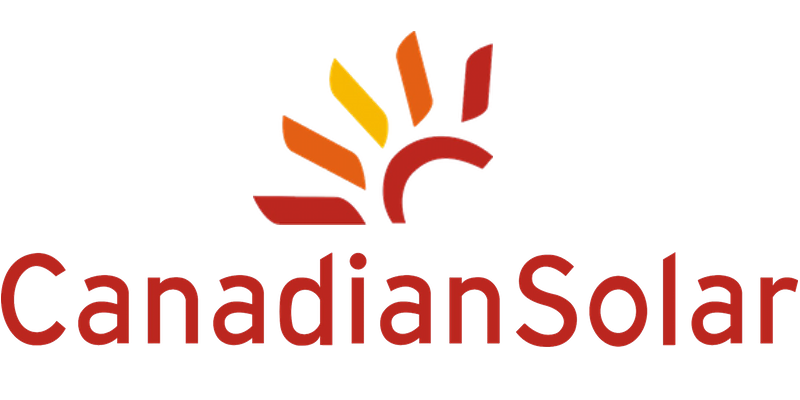
Canadian Solar
Efficiency: 15.9% to 20.6%
Canadian Solar is well known for its production of highly affordable solar panel options compared to most of the competition.
While the brand’s panels fall on the lower end of the efficiency spectrum, their price point and still-competitive performance make them a value leader in the industry.
Canadian Solar offers a standard warranty that’s quite lower than most of their competitors at 12 years. While this suggests a somewhat shorter panel longevity, the company has extensive experience in the industry and is largely popular among consumers.
Pros
- Very affordable option
- Great value for the price
Cons
- Low efficiency ratings, especially in warmer climates
- Relatively short warranty
Greatest Longevity: Silfab
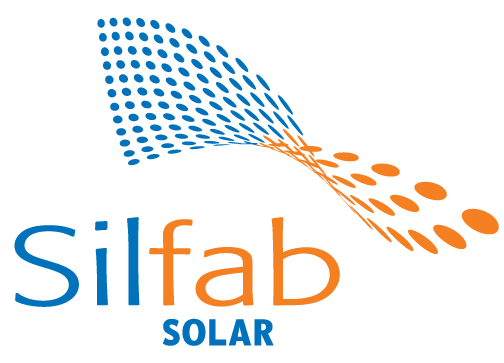
Silfab
Efficiency: 19.2% to 21.4%
Silfab is well known for close-to-premium panels at a slightly lower price point than other premium brands. Specifically, the company offers a technology known as passivated emitter and rear contact (PERC) monocrystalline panels — simply put, these are innovative panels with long-lasting high efficiency capabilities.
With this high performance guarantee does come a steeper price than most other solar brands. If you’re looking for a near-premium option that doesn’t break the bank as much as explicitly premium brands, you may want to investigate Silfab’s options.
Pros
- Composed of innovative, efficient, and long-lasting materials
- Long-term performance guarantee (30 years)
Cons
- More expensive than most middle-tier brands, yet less efficient than most premium brands
- Requires Silfab-certified installer to get full 25-year warranty
How to Determine the Right Option for You
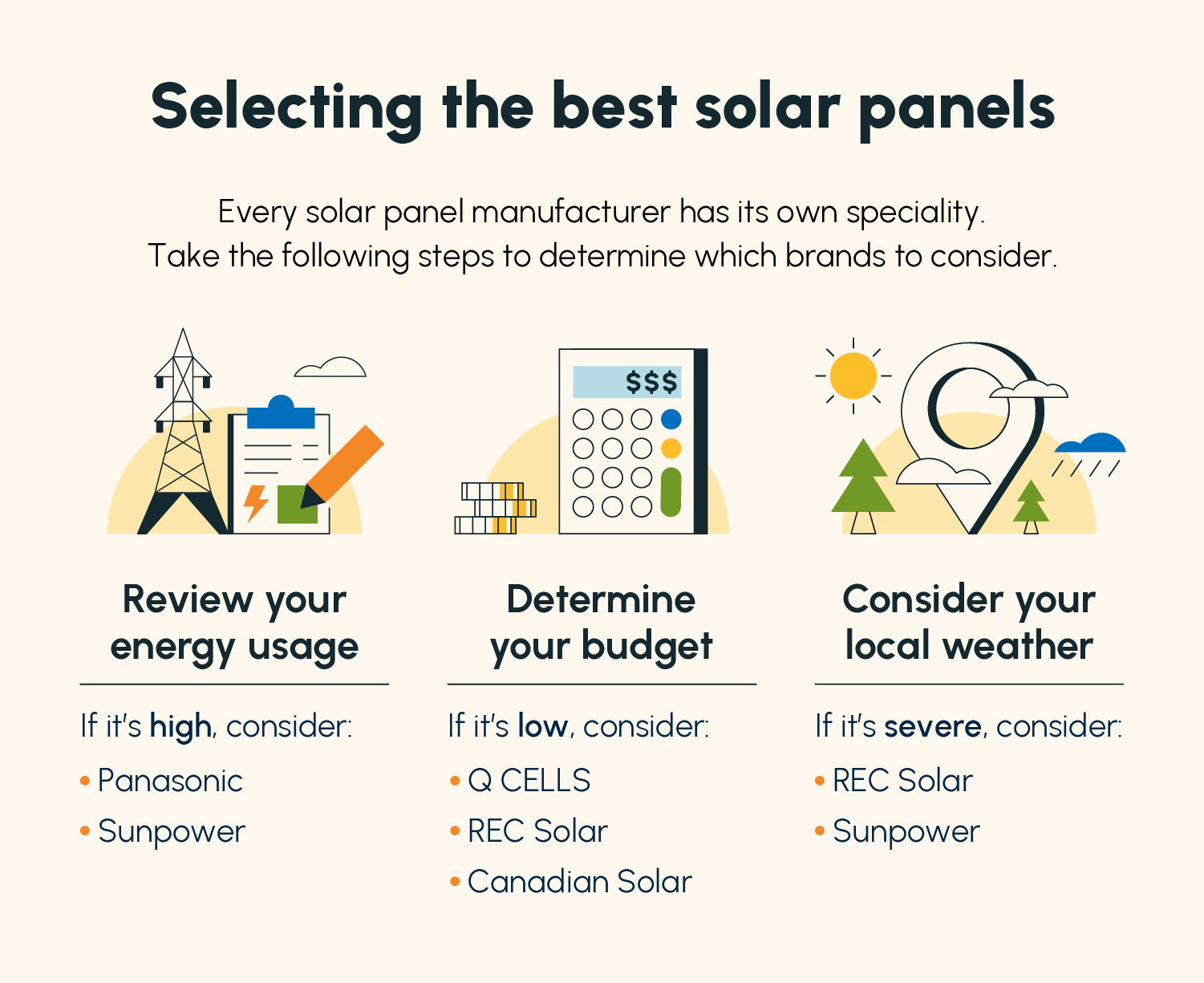
Naturally, some of the above ranking factors may matter more to you than others. Below, we unpack why that is and provide some brand recommendations depending on your situation.
Look Back At Your Energy Usage
It goes without saying that the more energy your household regularly consumes, the more efficient you’ll want your panels to be. If you have a household with over five people using the internet, working from home, watching TV, and playing video games all while running the AC, efficiency rating may be your top priority.
Knowing your household energy usage is essential in determining what size solar system you’ll need. If your solar energy needs are high but you don’t have the space for too many panels, higher-efficiency options may be the way to go.
If this describes your situation, explore brands known for impressive efficiency ratings, like Panasonic or SunPower.
Evaluate Your Budget
As much as you may want to splurge on high-end premium panels with the highest efficiency ratings and the best temperature coefficients, your budget may say otherwise.
Consider conducting a cost-benefit analysis to determine what upgrades are worth the extra cost. For example, if a solar panel brand charges 50% more than the competition while only offering 5-10% higher efficiency, it may be hard to justify purchasing the more efficient brand.
Once you run the numbers, choose a brand that fits within your price range. Q CELLS, for example, delivers excellent value at a very low relative price point.
Remember, if you’re at all concerned about the upfront cost of a system, consider taking out a low-interest solar loan. This can make paying for a system much more doable, and you can expect to still reap the massive ROI of solar.
Estimate the cost of your system today using our solar panel cost calculator.
Consider Your Geographical Location
How many hot days do you get per year? Do the hottest days of summer hit a moderate 85°F or a scorching 120°F?
If you live in a city that is consistently very hot, or one where seasonal temperatures skyrocket over 100°F, temperature coefficient will likely matter to you quite a bit. Panasonic and REC Solar both boast highly competitive temperature coefficients, meaning their panels will perform relatively well in the midst of extreme heat.
Further, if you live somewhere prone to heavy hailstorms, panel durability may be the most important factor on your list. Once again, REC Solar takes the cake due to its rigorous panel testing standards.
The Bottom Line: Which Is the Best Solar Panel for Your Home?
While the best solar panel largely has to do with personal preference, we have a few recommendations based on the research we’ve done into top-rated brands.
Overall, we recommend Q CELLS for any homeowner who wants great quality at a low price. The brand offers excellent efficiency and a competitive warranty to back up its quality, all while maintaining an average cost per watt far lower than most of the competition.
For the premium-tier panel shopper who is still budget-conscious, we’d recommend Panasonic. The brand offers an undefeated temperature coefficient and uses very high-quality materials to make its panels, all while keeping prices lower than other premium brands.
If you want the utmost confidence that your panels will withstand damage and perform well for their entire lifetime (while looking great in the process), consider REC Solar. The brand is an innovative contributor to the solar industry and offers highly durable panels at a very reasonable price point.
Best Solar Panels FAQ
Choosing a brand and model of solar panels is a huge decision. Let’s review some common questions about our solar panel quality rankings.
Which Solar Panels Perform Best?
Overall panel performance is determined by many factors, and there isn’t one brand that has the “best” of every quality. It’s also important to note the role of panel model — the lower-quality models in one “premium” brand may perform more poorly than the higher-quality models in a more budget brand.
SunPower’s monocrystalline panel options currently include the highest efficiency rating, peaking at 22.8%, whereas Panasonic and REC Solar beat out other brands in heat resistance with their highly competitive -0.26% temperature coefficient.
Who Makes the Best Solar Panels?
Q CELLS and REC Solar strike the best balance between competitive quality and affordability when compared to other major solar panel manufacturers. Both brands are also very highly rated by customers. If you have a flexible budget, Panasonic is one of the best premium options on the market.
What Type of Solar Panel Has the Highest Efficiency?
Monocrystalline panels offer the highest performance, with efficiency ratings between 17% and 22% compared to polycrystalline’s 15%-to-17% range.
Deciding on the right panels may take some time, but installing a great system doesn’t have to be a hassle. At Solartap, we’re committed to making the customer journey as easy as possible, delivering high-quality yet affordable solar panels and connecting you with reputable contractors to get your system up and running.
Ready to start generating your own renewable energy? Get a quote using our solar calculator today.


